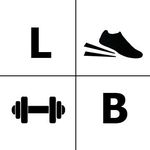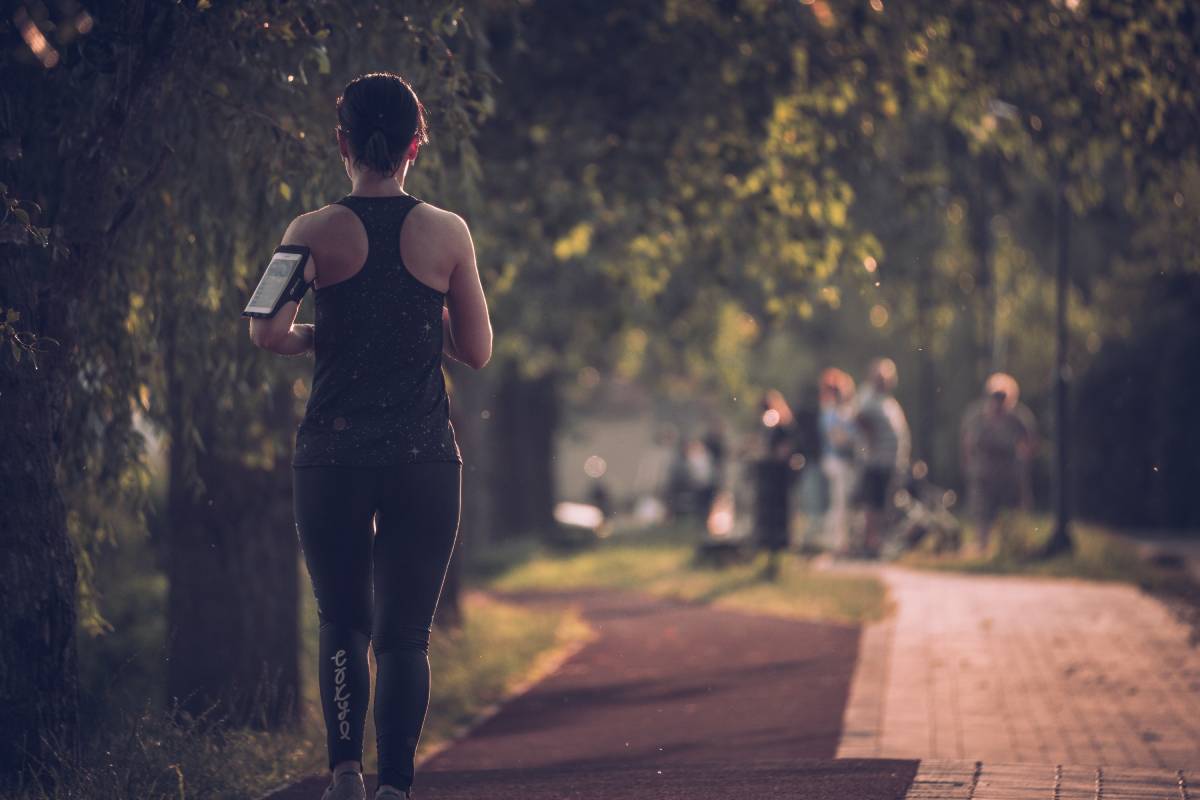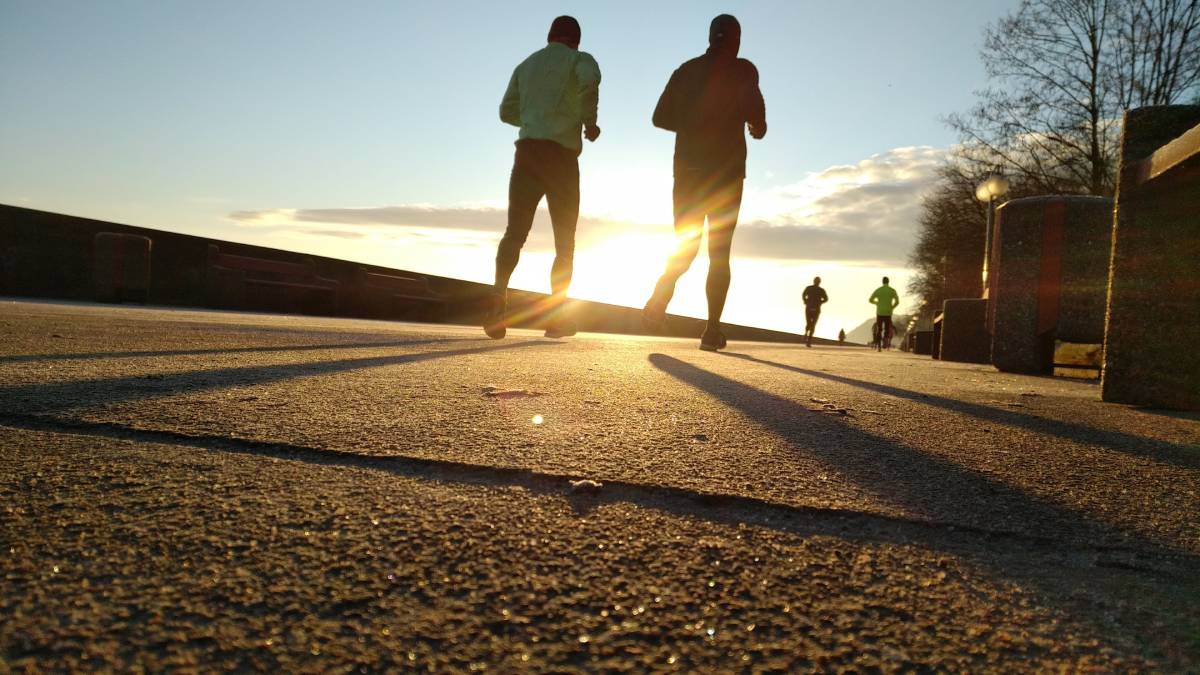
Coffee is a healthy drug. Each year, I hear people make resolutions to drink less coffee. Lately, I’ve see a constant stream of ads telling me I can drink ‘mud’ instead of coffee. These people have it backward.
Decades of research strongly suggests that drinking coffee has a net benefit for the general population, and many of its effects are particularly relevant for lawyers.
Reduced chance of death
Large studies have found statistically significant associations between drinking coffee and reduced chances of dying.
In 2019, researchers conducted a meta-analysis of 40 studies involving 3.8 million people, including 450k people who died during the studies. The analysis found that the people with the lowest mortality from all causes drank an average of 3.5 cups of coffee per day. This inverse association between coffee drinking and death was maintained regardless of the peoples’ age, whether they were overweight, whether they drank alcohol, and whether they were smokers.
Similarly, in an August 2018 study involving 500k people, researchers similarly found that drinking coffee was inversely associated with all all-cause mortality, with statistically significant inverse associations observed in participants drinking 1–8+ cups per day.
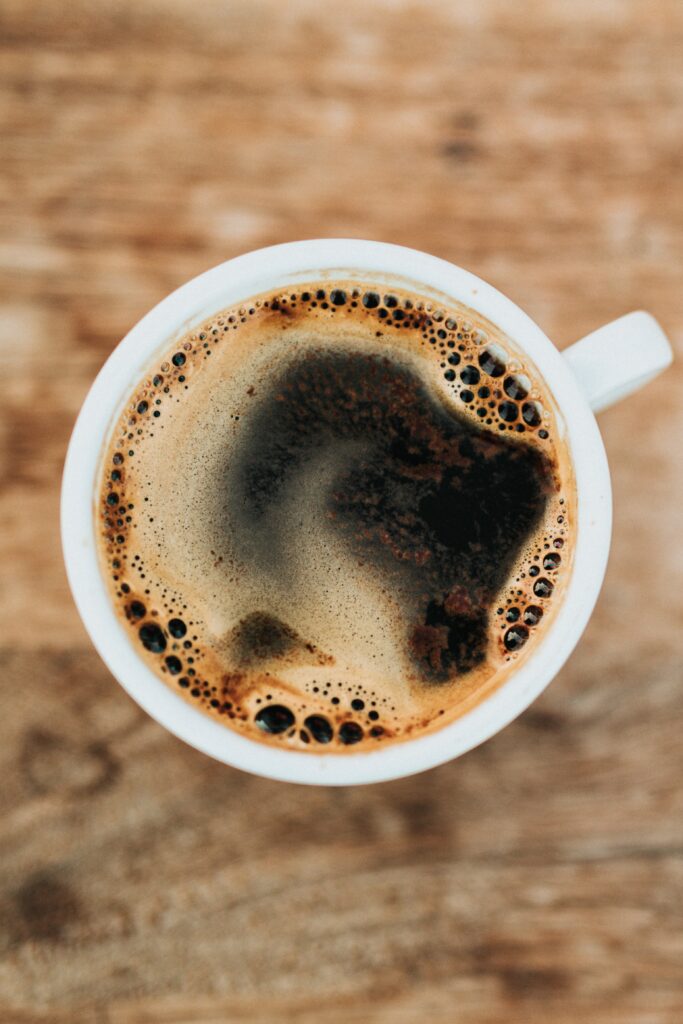
Lower risk of depression
Okay, fine, you’re a lawyer. Maybe your caseload makes you feel like you’d prefer to be dead sometimes. Coffee may be able to help with that too.
A 2014 meta-analysis of observational studies with 330k people found that people drinking an average of 4.5 cups of coffee per day had a 24% reduced risk of depression. Among coffee drinkers, they found that the greatest benefit occurred when the peoples’ caffeine intakes were between 68 and 509 milligrams each day.
Another 2014 study with over 250k people, found that people who drank 2–3 cups of coffee had a 9% lower rate of depression and those that drank 4 or more cups had a 10% lower rate of depression. The same study also found that the people who drank 4 or more cans of soft drinks each day had a 28% higher risk of depression than the average person in the study.
Heart Health
A lot of people think that coffee may be bad for your heart because caffeine causes your blood vessels to constrict. We already have clients that make us feel like we might get a heart attack, so why exacerbate the problem with coffee, right? Research suggests the opposite.
A meta-analysis of 36 studies that included almost 300k men and women examined coffee drinking and the risk of cardiovascular illnesses, including heart disease, stroke, heart failure, and deaths from these conditions. The analysis revealed that a moderate intake of 3–5 cups of coffee per day was associated with a 15% lower risk of cardiovascular disease when compared to the lowest intakes (no cups). Daily consumption of six or more cups of coffee, however, was not connected with either higher or reduced risk of cardiovascular disease.
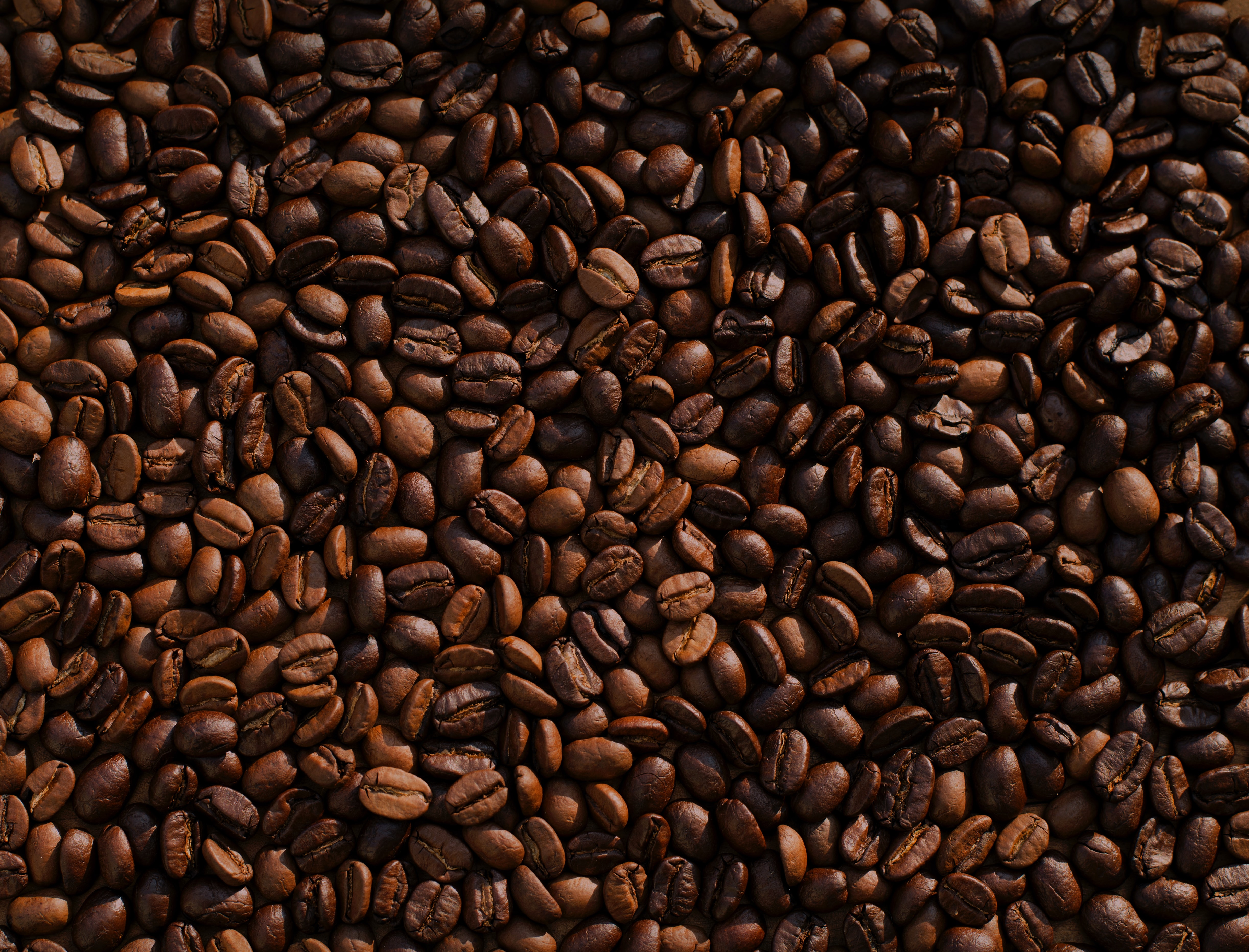
When coffee sucks
There are several ways coffee can ruin your day: (1) when you drink it too late and can’t sleep; (2) if you drink so much that it causes you to have jitters; or (3) if you sweeten coffee with a bunch of sugar. Each of these challenges is easily solved.
Caffeine Insomnia
I used to drink caffeine in the evening, particularly when I knew I hate to work late. If you’re a lawyer like me who works late often, however, this habit isn’t sustainable. Not only could you come to depend on evening caffeine, but even a single night of late drinking coffee may also cause you to crawl into bed after midnight and find that you can’t sleep when you most need it.
For me, I’ve found I can sustainably drink 3-4 cups of coffee up until 1:30 p.m. On a typical day, finishing my last cup by 1:30 p.m. will give me over 10 hours from my last cup until the time I sleep. With this schedule, I sleep deeply without issue.
Sometimes when I still want to drink coffee in the evening, but instead of drinking caffeinated coffee, I’ll drink a cup of decaf instant coffee (99.7% reduced caffeine), which I find gives me a short-term placebo boost but doesn’t keep me awake.
If you’re more sensitive to caffeine, you may find that it makes sense to stop drinking coffee even earlier, especially if you’re early to rise and early to sleep.
Jitters
For people who experience caffeine jitters, it’s likely a function of high caffeine sensitivity and low tolerance. With decaf coffee, some benefits, such as decreased mortality, are still achievable, though the caffeine in regular coffee likely plays a part in some of its benefits. For example, decaf coffee did not have the same association with lower suicide risk that was found with regular coffee. Still, if I were caffeine sensitive, I’d start with smaller quantities of coffee, and slowly work up to drinking more, while using decaf as a backup.
Unnecessary sugar
Coffee is an acquired taste for some, but even if you don’t instantly love it, there are ways to change the taste without adding a bunch of sugar, which may reduce the benefits.
Instead of adding a bunch of sugar, you could add:
- A tablespoon of heavy cream (is a rich source of menaquinone – vitamin K2);
- Cinnamon (may lower blood sugar); or
- Oat / almond milk (lightly sweat, without too much sugar).
If you don’t like the bitter taste of coffee, you may also want to experiment with different roasts or switch to cold brewed coffee, which is far less acidic.

You may learn to enjoy coffee if drinking it becomes a habit
Sometimes we have to incorporate healthy things into our diet for a while before we enjoy them. Many things I now eat or drink for their health benefits started out as a conscious effort to improve my health through building a new habit.
Like I may do with exercise, or daily movement, drinking coffee is another part of a healthy day.
P.S.
If you have any quick sleep routine tips, I’d love to hear them. You can leave a comment, or send me a note at lawyerbody@gmail.com or @lawyerbody on Instagram.
